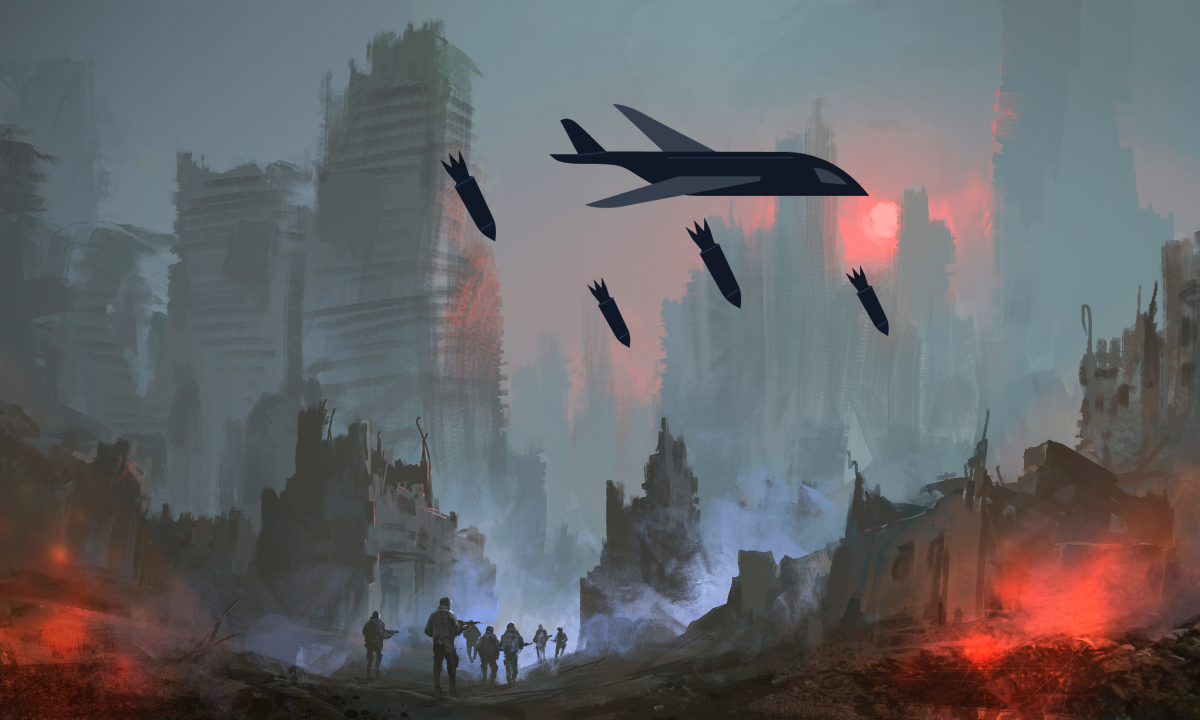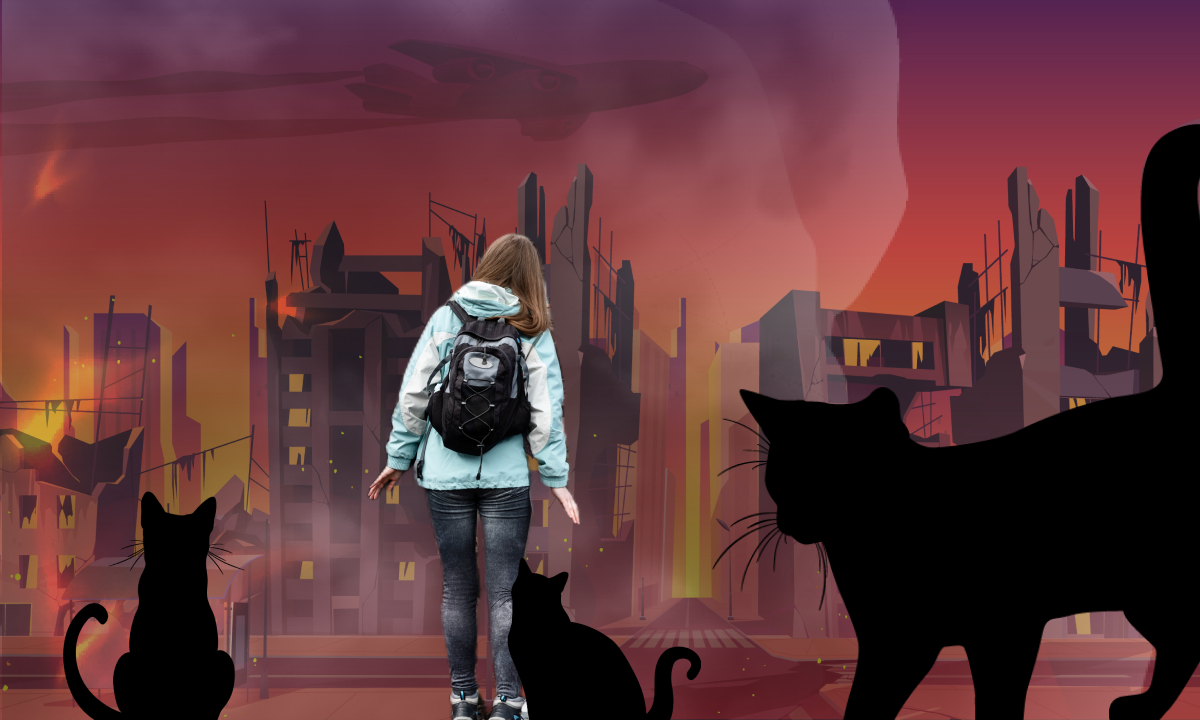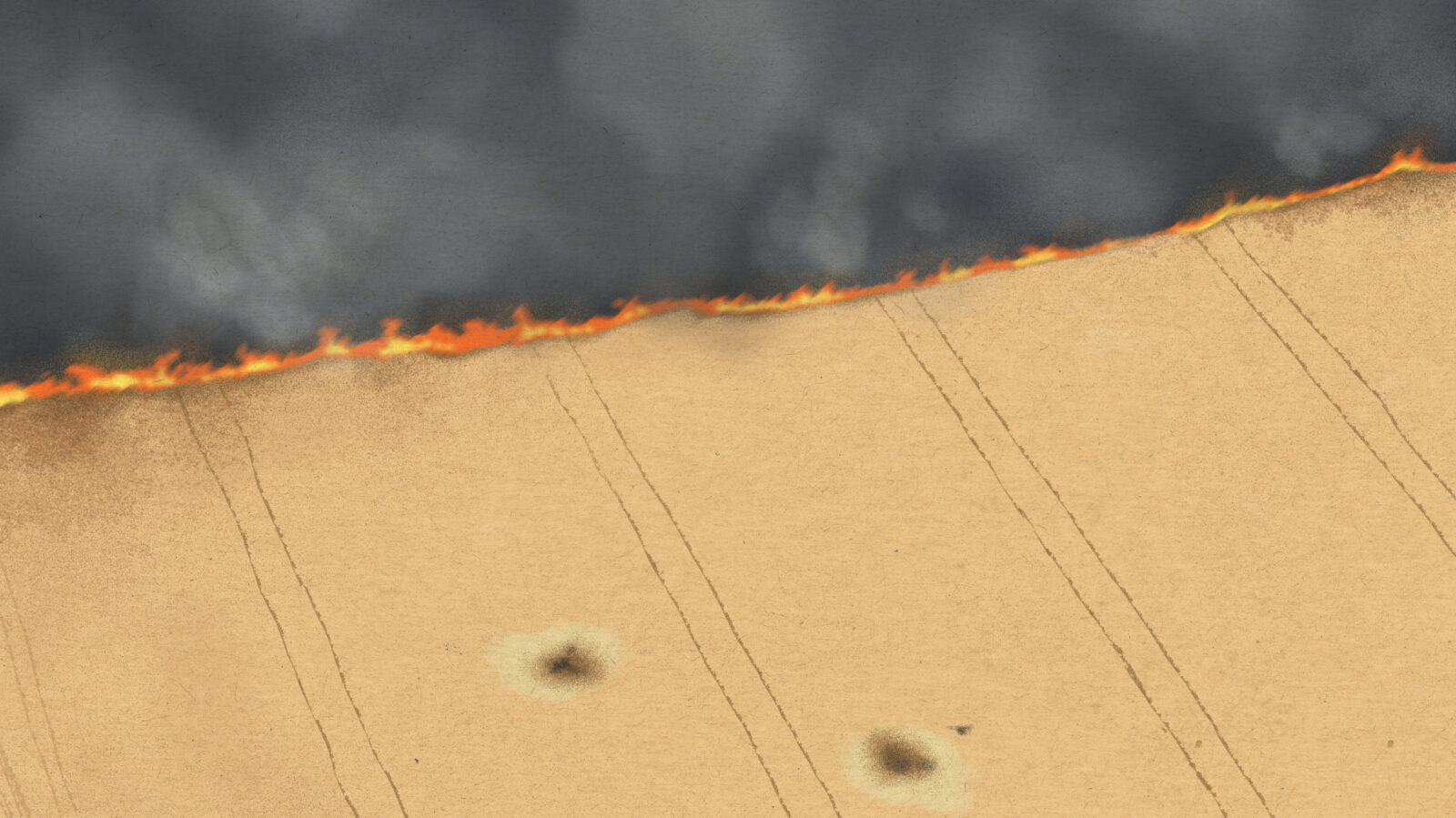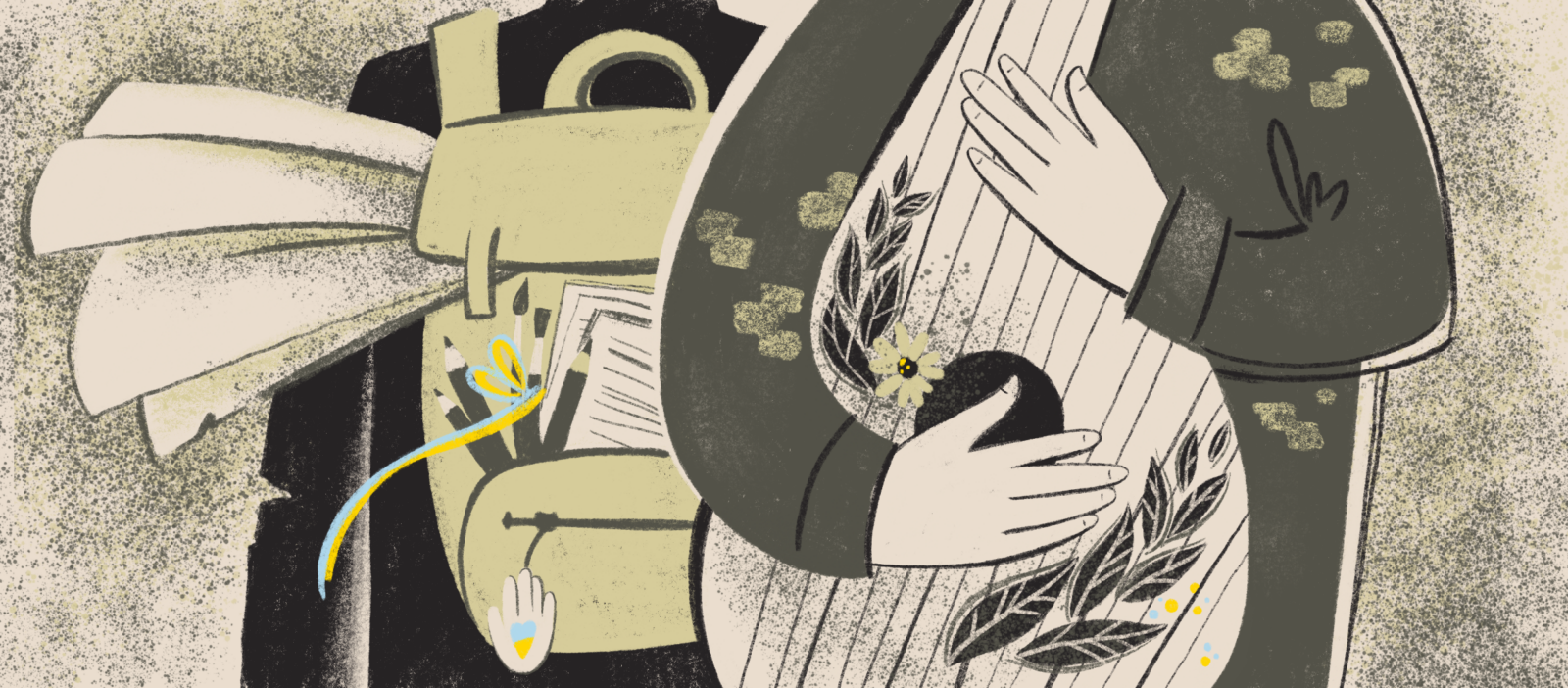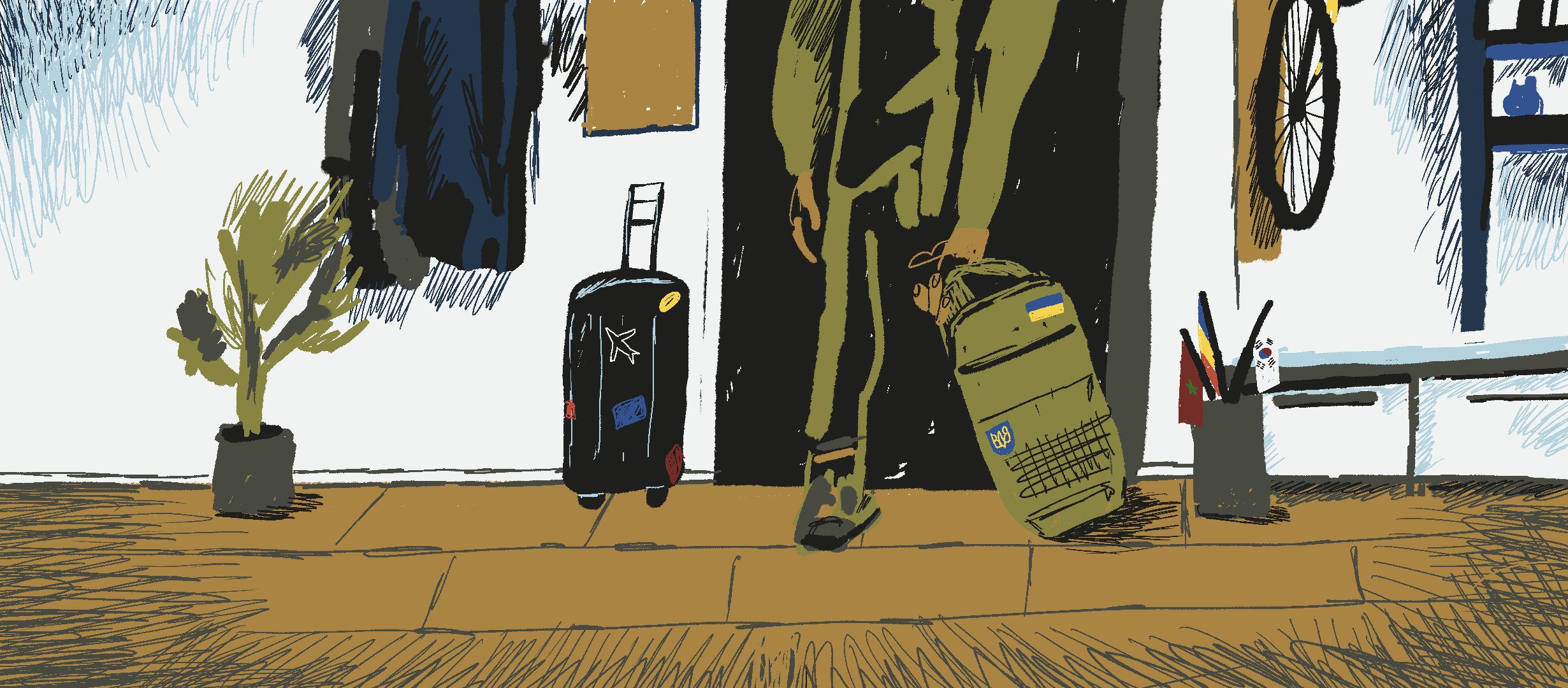Illustrated by Galochka Ch
Iryna and her eight-year-old son Ilya are from Kharkiv. In peacetime, Iryna owned a business, an apartment, and a car. Until recently, she did not believe a war could break out and her city would be shelled.
‘When the shelling started, I thought they were probably just scaring us to make concessions to them (the Russians). But when air forces fly, when missiles fall everywhere… Sometimes they strike institutions, sometimes — residential houses,’ says Iryna. She can’t understand why they bomb apartment buildings, destroying four floors at a time.
Iryna and her son were hiding in the basement all the time. Sometimes they got tired of going to the shelter and hid in the hallway near the elevator instead. Iryna lived in Oleksiyivka. Her house was shelled, and the family moved to their relatives downtown. Then, they began shelling the downtown. There were troubles with the food supply. At first, stores stayed open just for a few hours, then they stopped working at all. There were problems with the water supply too. Iryna stayed at her relatives` three more days.
‘It’s getting worse. You don’t know what will happen tomorrow. The humanitarian situation is terrible, and the shelling is intensifying,’ says Iryna. ‘For the last few days, military planes have been circling over our house. The house shakes, even if the planes are a kilometer away.’
According to Iryna, many people expect that the first floors of the nine-story building will remain intact, and therefore do not go to the shelter. Others are afraid to go down to the basement so that the wreckage does not bury them alive. Where the rockets crashed, only three or four upper floors collapsed. Iryna lived on the ninth floor, so she went down to the shelter.
‘Air strikes are so frequent that there are no sirens. You just hear something buzzing, exploding but when you hear it it’s already too late. That’s why we spent the last night in the basement,’ says Iryna.
She hoped to stay in the shelters, but communications were cut off. People could not get bread. In some places, there was no heating. It was impossible to stay in the city, but there was nowhere to go. Iryna did not know whether it would be safe in the place she and her son would be tomorrow.
On the seventh day of the war, they decided to go. The hardest part was getting to the railway station. Luckily, a neighbor gave them a lift. A lot of the people they knew went to the station on foot, carrying things with them. ‘People were walking along the road, asking for a lift, but no one stopped because the cars were full of passengers,’ she recalls. At the station, they just waited for an opportunity to get on a train. There were many families with children, people sat in trains wherever possible.
Iryna and her son boarded an evacuation train traveling to the West of Ukraine. They didn’t care where to: Lviv, Rakhiv, Uzhhorod, or Ternopil. They got to Lviv.
Now Iryna lives in a shelter organized by volunteers at the Lviv Sports Club. She had found its address on a social network. Iryna is still recovering from her experience. ‘I stay indoors, a door slams somewhere, and I start trembling,’ she confines. ‘I understand that nothing is happening here yet, but I still have the instinct to run to the shelter. I am afraid that they [Russians] have already got here.’
Iryna’s old grandmother, who did not want to leave, and the cat Iryna’s son is missing a lot, remained in Kharkiv. Many families with kids still do not want to leave home. They are afraid of uncertainty and hope to survive the bombing in the shelters. However, even those who do not want to go anywhere are losing their nerve.
Meanwhile, in Kharkiv, it is almost impossible to get to the railway station. Taxis run only at the maximum rates. The fare can be up to 1,500 hryvnias. Even on such terms, many taxi drivers refuse to go. One can wait for the car all day long. Iryna’s friend wanted to leave by car, but as a result of the shelling it burned down. And even if someone has a car, then there is no gasoline.
‘I do not make any plans. We left without things. Instantly. At the shelter, I found some clothes for my son: for warmer and colder weather. It was only on the train that I remembered that I had forgotten about the parrot,’ says Iryna. ‘I did not think I would leave. I never thought about it.’





